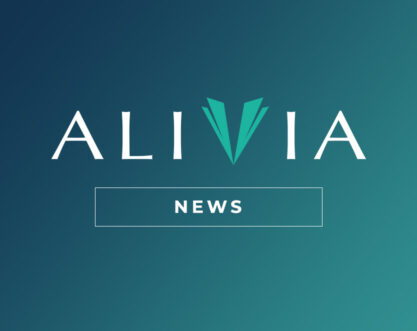Key Features
- Customizable Edit Library: Supports both Alivia-built and payer-defined rulesets targeting fraud, waste, abuse, and errors such as improper billing, duplicate claims, and unbundling.
- End-to-End Deployment: Applies edits pre-adjudication to prevent payment errors and post-adjudication to support recovery analytics and audit refinements.
- Integrated with FWA Workflows: Works in concert with FWA Claims Manager™ to support early detection of FWA and high-risk error patterns.
- Regulatory Alignment: Built to meet CMS, OIG, and Medicaid audit guidelines while allowing flexible configuration by plan policy.
- Audit Trail Support: Maintains clear logic history to strengthen dispute resolution, audit defensibility, and legal readiness.
- Scalable Rules Engine:Configurable across all lines of business, from commercial to government plans, with seamless implementation.

ONE PLATFORM for FWA powers earlier action—stopping high-risk providers at the source and sharing insights across the claims lifecycle.
Contact Alivia Today!
Please fill out the form below. No pressure, just a productive discussion with one of our solution experts to address your needs.
Knowledge Bank
What is Payment Integrity in Healthcare?
Payment integrity refers to ensuring that healthcare claims are paid accurately—neither overpaid nor underpaid—by identifying and preventing errors, fraud, waste, and abuse (FWA). This includes implementing pre-payment and post-payment controls to reduce improper payments and ensure CMS compliance.
Role of Claims Editing
Claims editing involves automated, rule-based reviews of submitted healthcare claims to detect coding errors, policy violations, and medical necessity mismatches. It is a critical function that enables:
- Faster adjudication with fewer denials
- Upfront detection of billing discrepancies
- Improved revenue cycle performance
- Stronger fraud detection and cost containment
System Integration Capabilities
Alivia’s payment integrity and claims editing solutions are designed to integrate seamlessly with a wide range of enterprise claims processing systems and healthcare IT platforms. These include:
- TriZetto QNXT™ – End-to-end care and claims management for payers
- TriZetto Facets™ – Scalable claims administration platform
- HealthEdge™ / HealthRules™ – Real-time benefit and claims processing
- AMISYS – Core system for health plans and managed care organizations
- Conduent HSP™ – Medicaid modular and enterprise claims systems
- PowerMHS™ & PowerSTEPP™ – MMIS and encounter data processing tools
Frequently Asked Questions (FAQ)
How does AI enhance claims editing processes?
AI improves healthcare claims editing by:
- Automatically detecting suspicious claim patterns
- Applying machine learning models to historical claims
- Flagging excessive billing, upcoding, or duplicate charges
- Reducing false positives compared to traditional rule-only systems
This allows healthcare payers to enforce payment integrity at scale, in real-time.
What are the advantages of pre-payment claims editing?
Pre-payment claims editing helps:
- Catch and correct errors before payment
- Lower the volume of post-payment recovery activities
- Improve compliance with payer and CMS rules
- Reduce provider abrasion through more accurate claims adjudication
Which claims platforms does Alivia Analytics support?
Alivia integrates with major claims and health plan administration platforms, including:
- TriZetto QNXT™ and Facets™
- HealthEdge™ / HealthRules™
- AMISYS
- Conduent HSP™
- PowerMHS™ / PowerSTEPP™
This ensures compatibility with most commercial and government payer environments.
How does claims editing contribute to CMS and regulatory compliance?
Alivia’s claims editing solution enforces:
- Coding accuracy (ICD-10, CPT, HCPCS)
- Medical necessity validation
- Policy-based rule enforcement
- Audit trail documentation
This supports alignment with CMS program integrity mandates and reduces audit risks.
Can custom edits and rules be created for specific payer policies?
Yes. Alivia’s claims editing platform includes a configurable rules engine that allows payers to:
- Define payer-specific edits
- Apply provider-based thresholds
- Automate flagging based on clinical policies
- Align editing logic with contractual terms and fee schedules
How does effective claims editing support revenue cycle optimization?
By preventing incorrect payments and reducing denials, claims editing:
- Increases first-pass adjudication rates
- Improves provider satisfaction
- Accelerates reimbursement timelines
- Reduces operational costs related to rework and appeals



